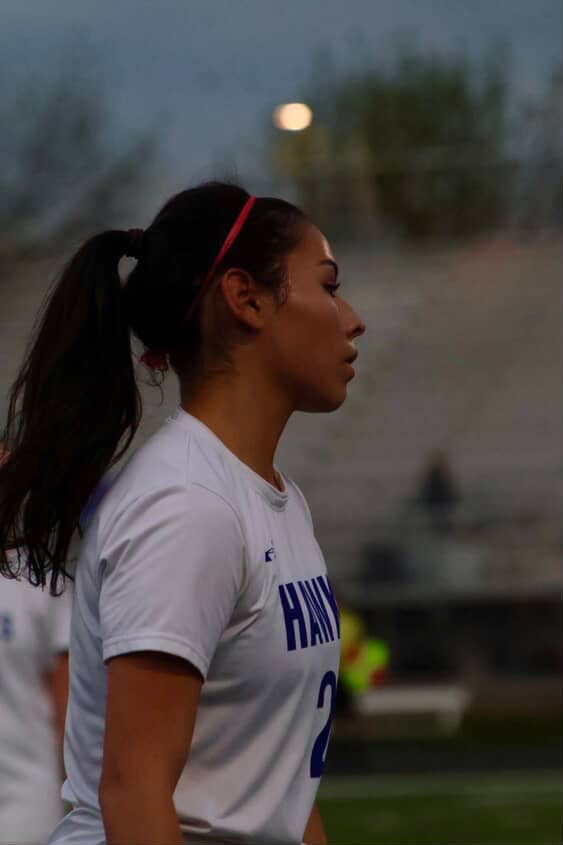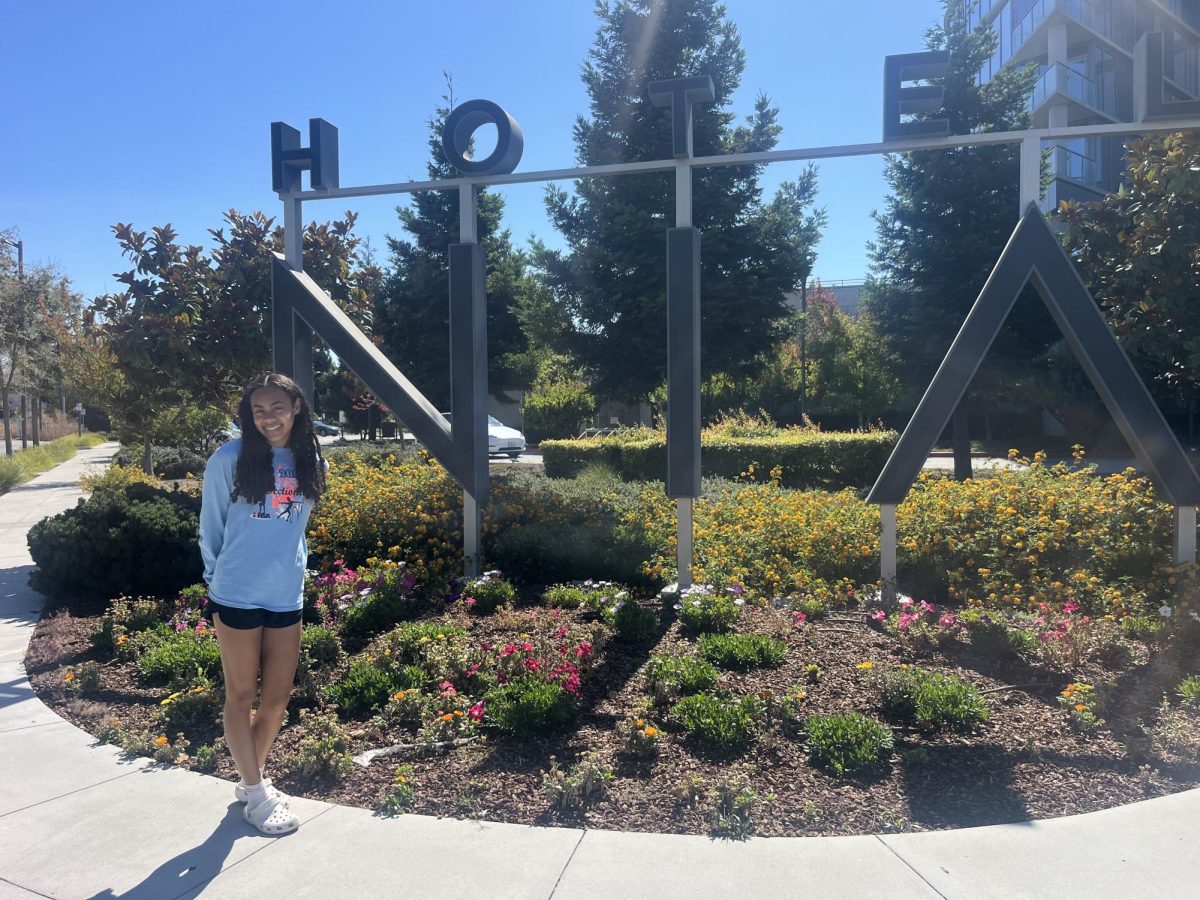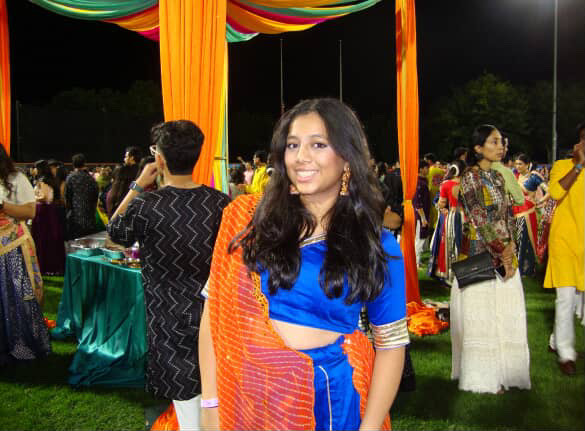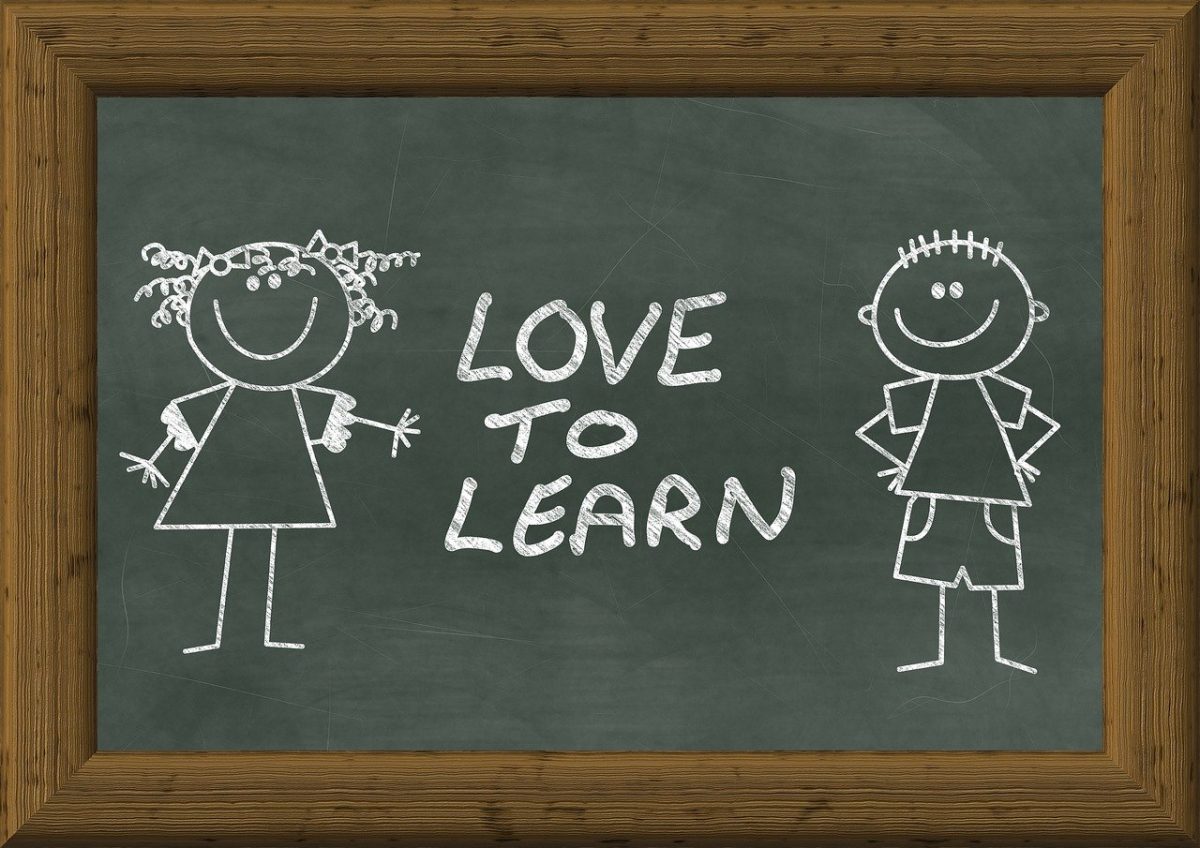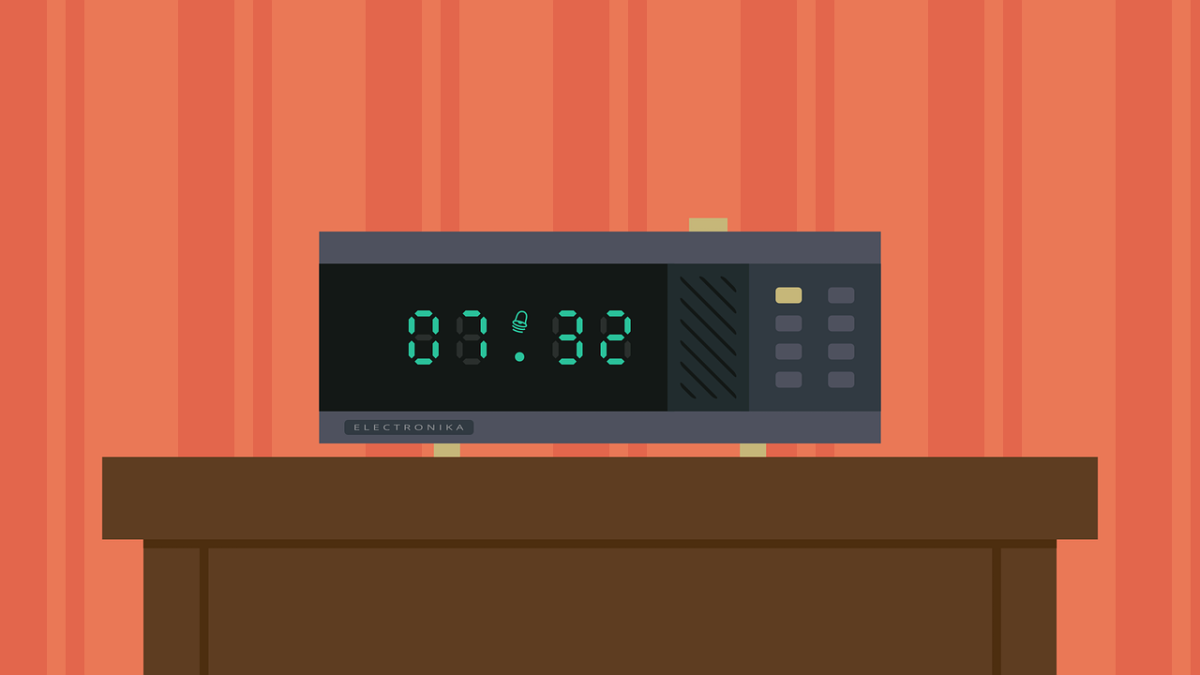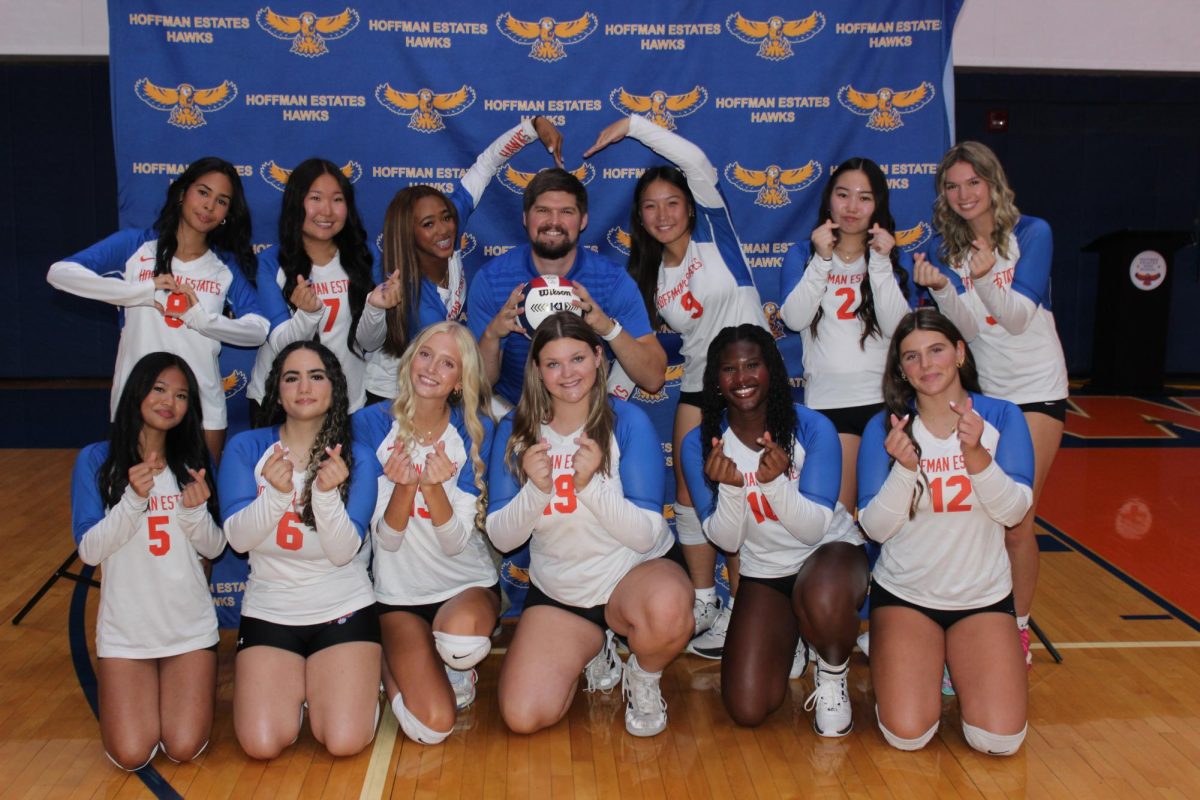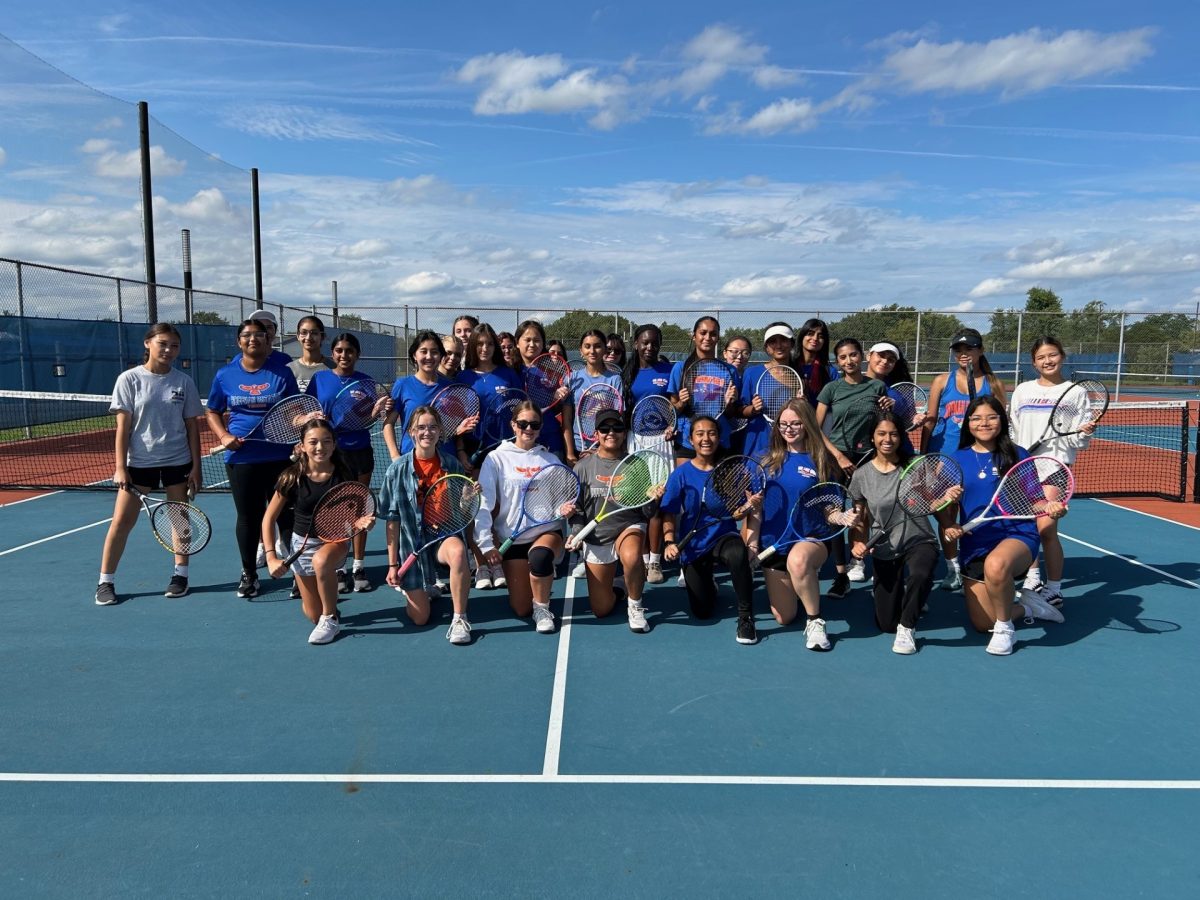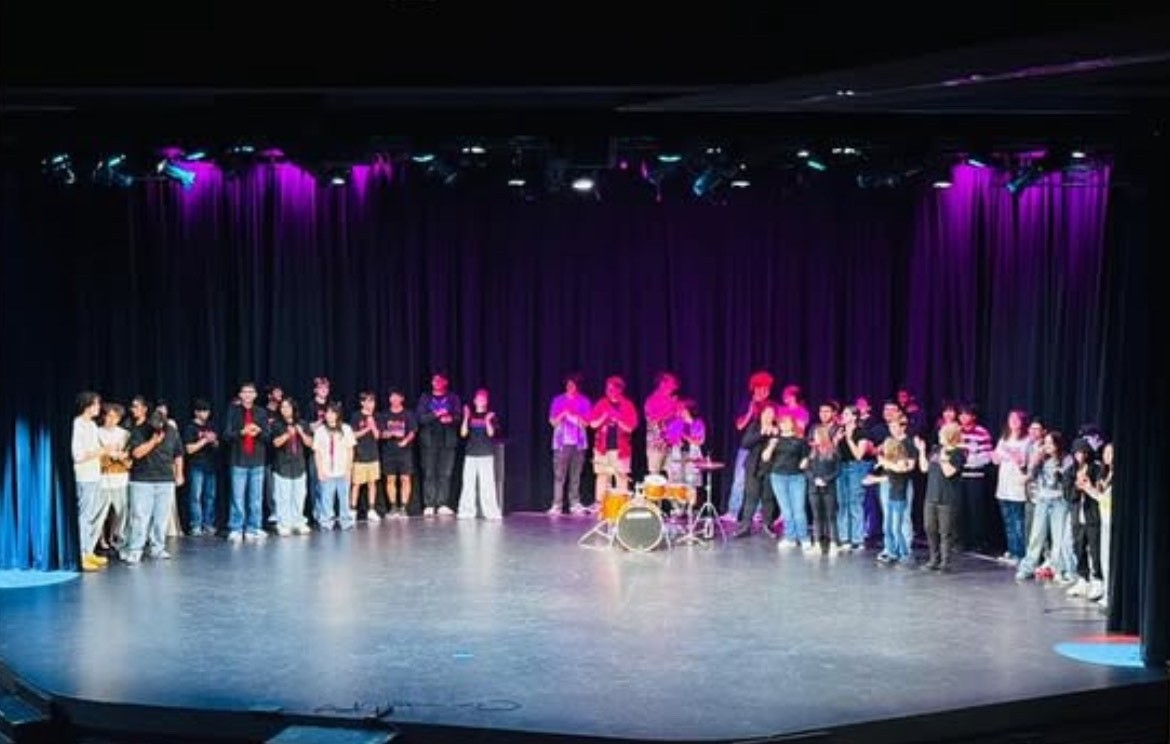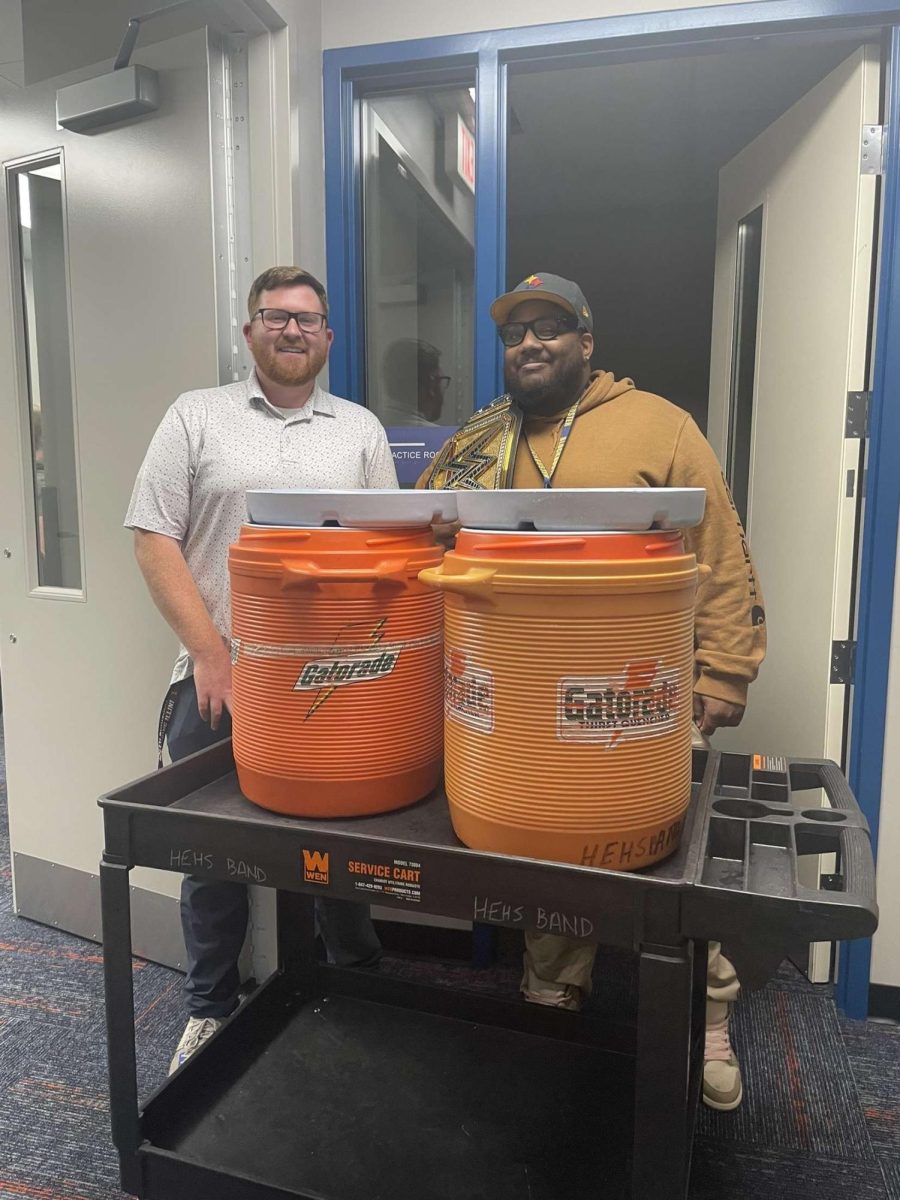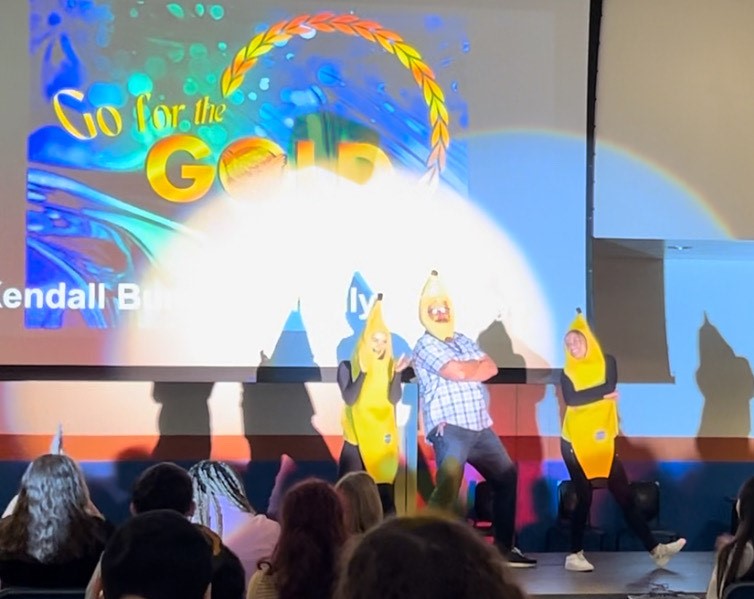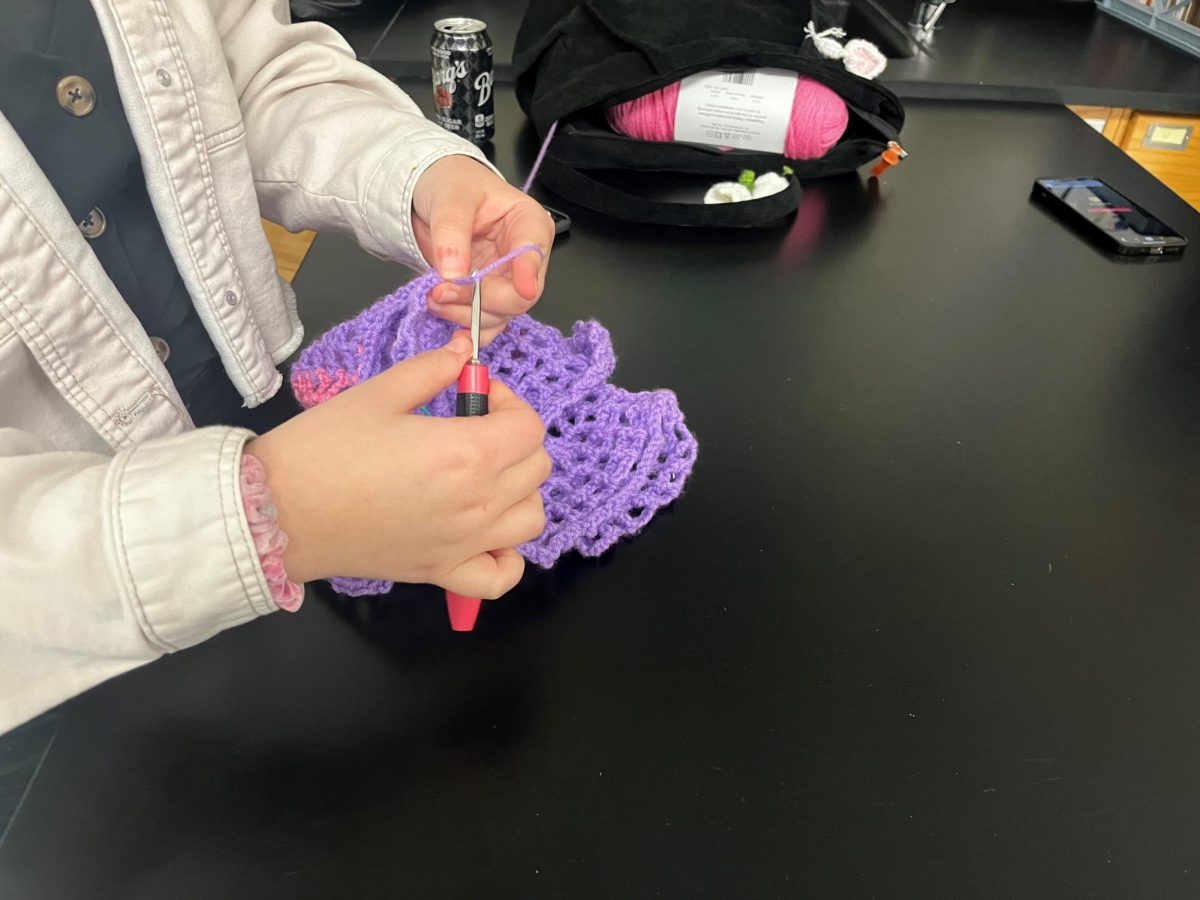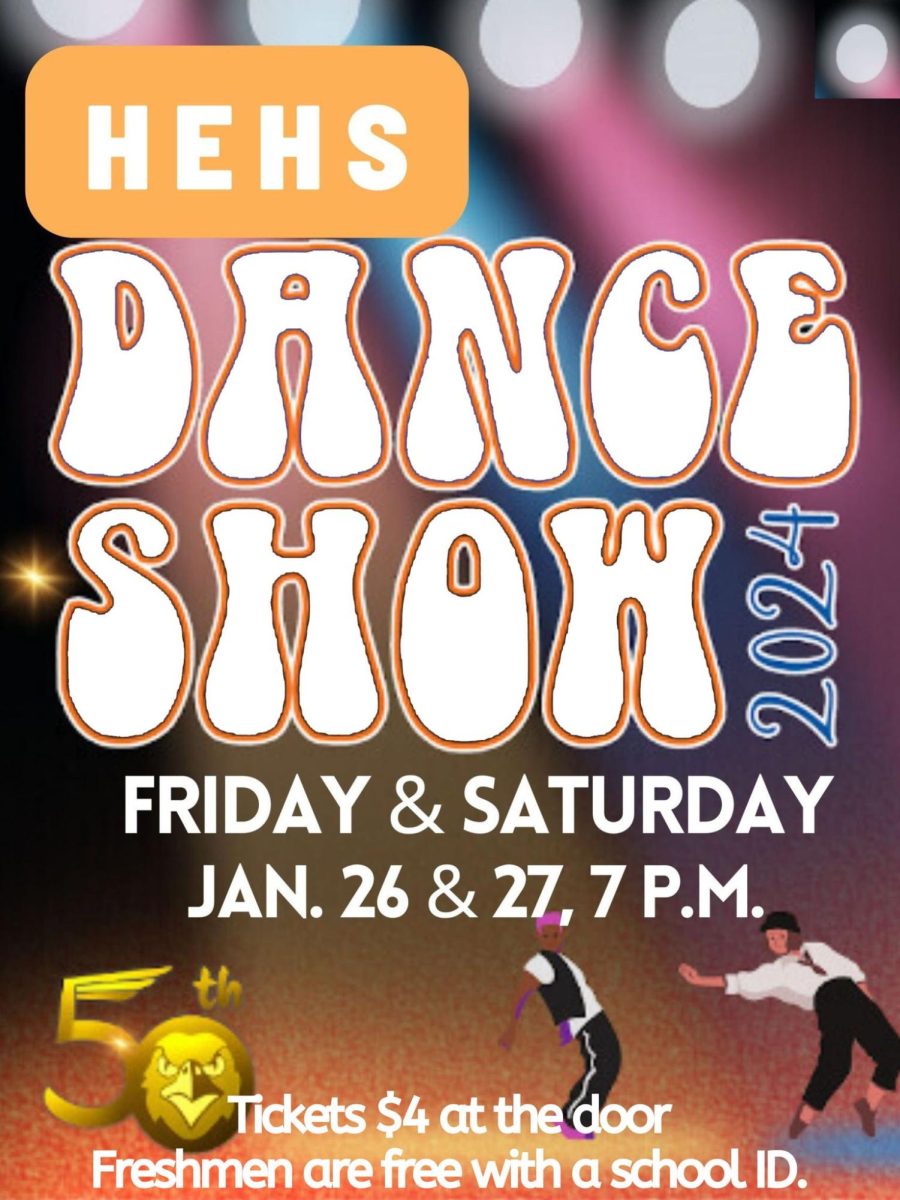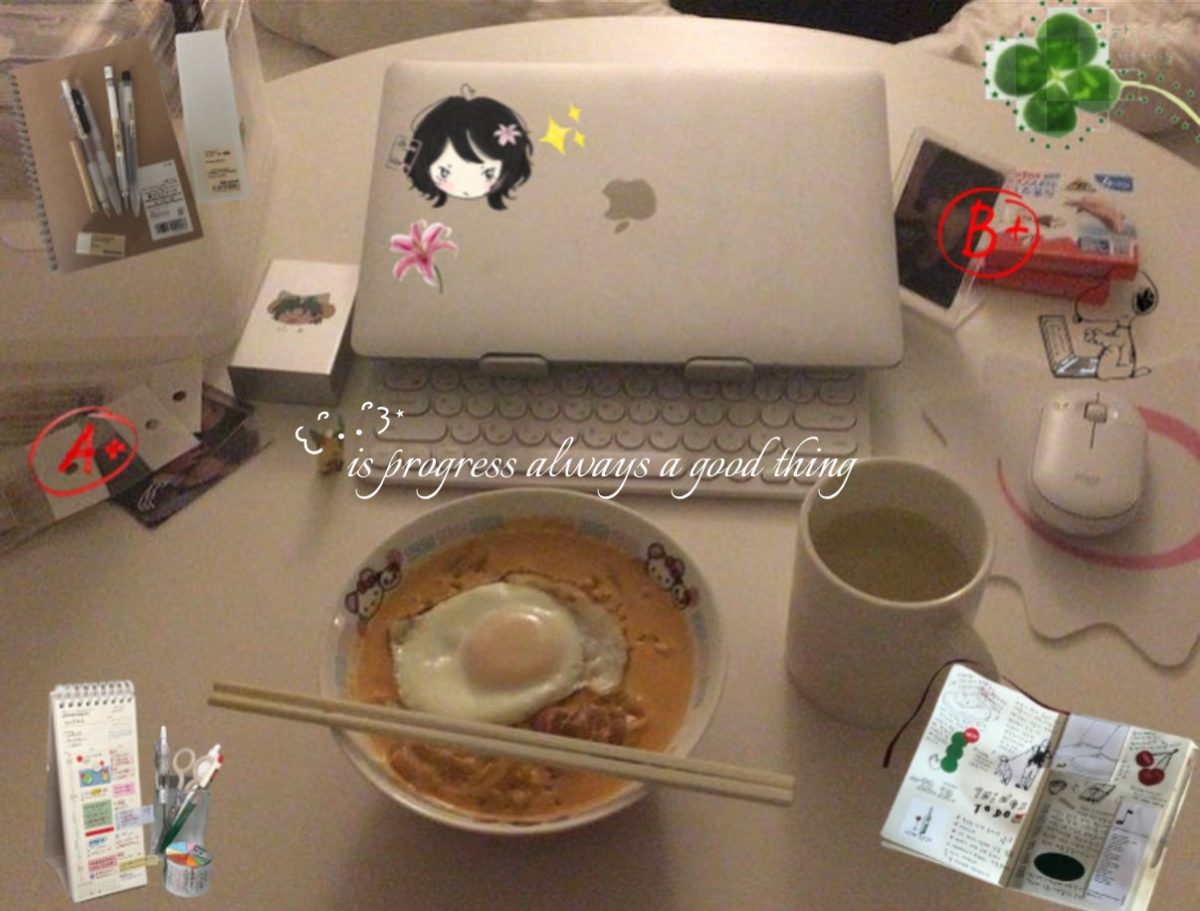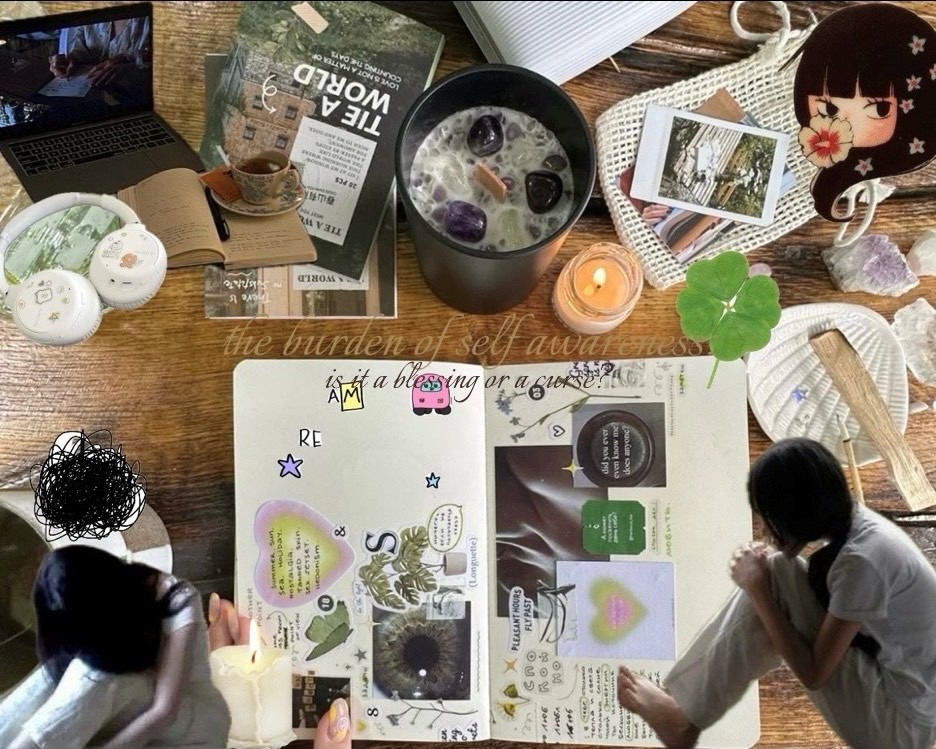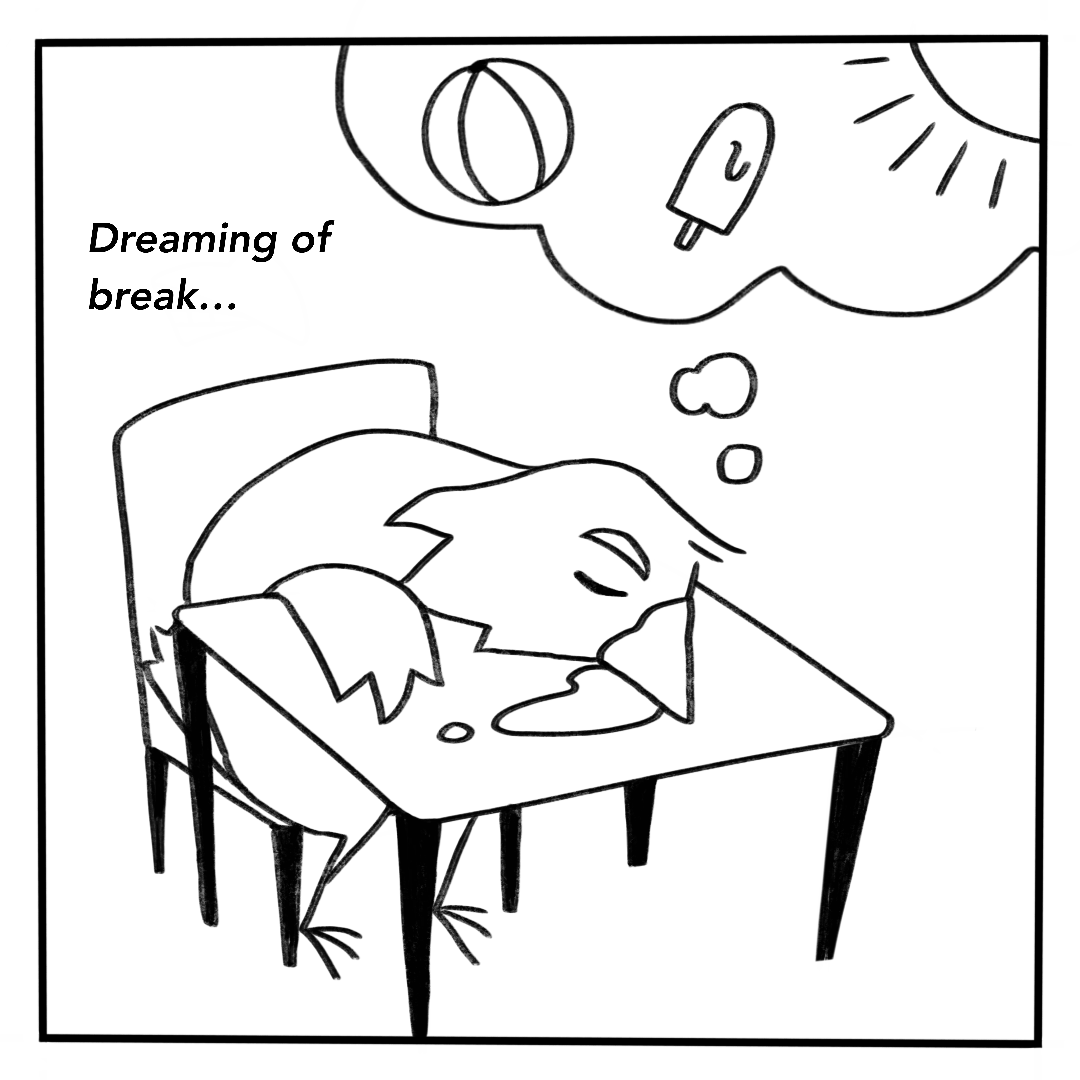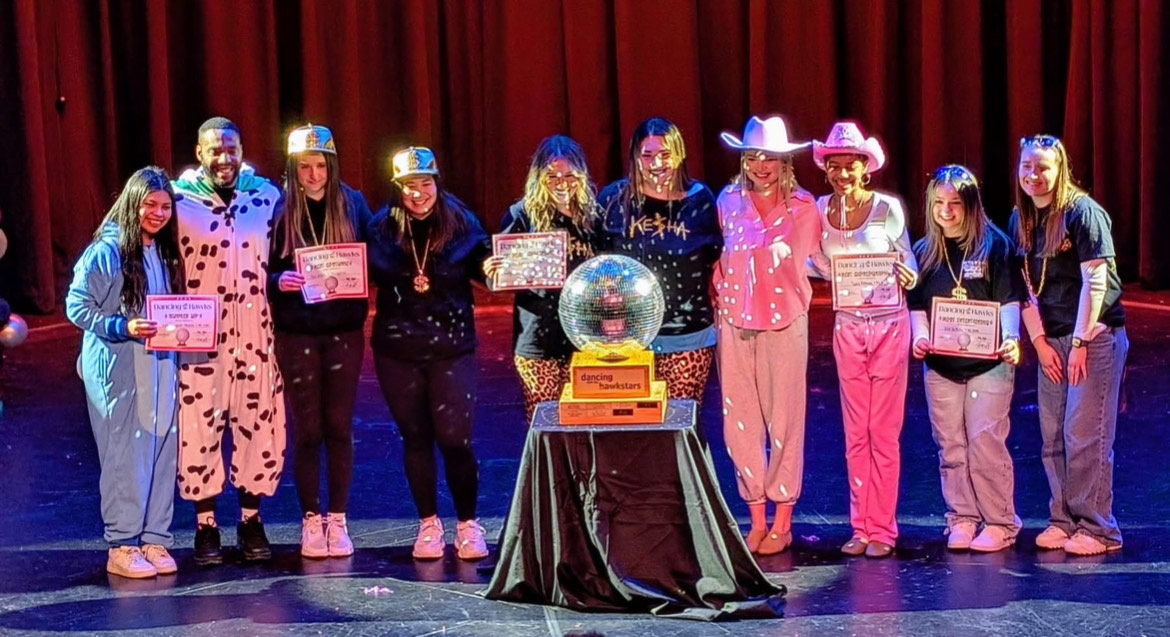There is a moment in all our lives when we look around, and we are suddenly aware of ourselves. When this happens, we begin to become more aware of others’ perceptions of us as well and we begin to consider the world as a whole and how it works.
This awareness also can lead us to notice the little flaws in the mirror, and think more about how we reply to a message so we avoid hurting someone’s feelings. Perhaps this growing base of knowledge leads us to start wondering why we are here in the first place, or whether or not the path we walk is actually ours.
This is the cost of self awareness. Sometimes it is a heavy burden. Being self-aware is “the ability to recognize and understand your own thoughts, emotions, and behaviors,” said Jaini Shah, senior. “The advice I would give to someone who is struggling with self-awareness is probably to slow down and notice yourself. Just pause and see yourself in the moment.”
Self-awareness can, on the outside, feel like a curse. It is seeing yourself more clearly, calling out errors others would never catch. It brings with it insecurities, self doubt, and the crushing weight of needing to “do better” or to “fit in.” In a world where social media platforms show us only the carefully curated highlights of others’ lives, being conscious of ourselves can be exhausting. It can leave us feeling small.
Here’s the upside: self-awareness can be a blessing as well. It is what leads to growth. In the absence of it, we would never look back, never question, and never strive for better. The same voice that tells us in our ears “you’re not enough” can also be the voice that urges us to practice harder, to apologize when we’ve hurt someone, or to step out of our comfort zones.
Think about it. The capacity to look inward is what enables us to connect outward. When you know yourself, your strengths, your weaknesses, and your fears, you are more able to get to know others. Self- awareness can lead us to be more empathetic. It strengthens friendships and amplifies experiences. Yes, it does sting sometimes. But the sting is evidence of just how much we care about becoming better versions of ourselves. And isn’t that a form of strength?
“In my opinion, self-awareness is really looking into the deepest parts of yourself. A lot of people are afraid to stare directly at themselves— not literally, like in the mirror, but at their core; the hard parts about them, the angry parts about them, the joy, the sadness, and the fear of it all,” said Sofia Rodrioguez, sophomore. “Being able to look at those aspects of yourself, reflect, grow, acknowledge, understand, appreciate, etc. is self-awareness.”
People can be physically self-aware and that is important, but true self-awareness is what they cannot see from a quick glance at the reflection in their car window.
“I think being too self-aware can make you overthink a lot,” continued Rodrioguez. “I find myself asking questions like, “Why did I walk in the room that way?” or “[Does] the way I speak on a daily basis come off the way I think it does.” I nitpick every move, word, facial expression, wrinkle in my nose, step, letter I write, and so much more.”
While self-awareness can weigh us down if we choose to let it, it also can help us forge a path that can lead us to becoming the well-rounded individuals we want to be. The truth is, to be self-aware is to be human. And while sometimes it feels like a burden, it is also the very thing that makes our lives worth living, significant, and full of purpose.
